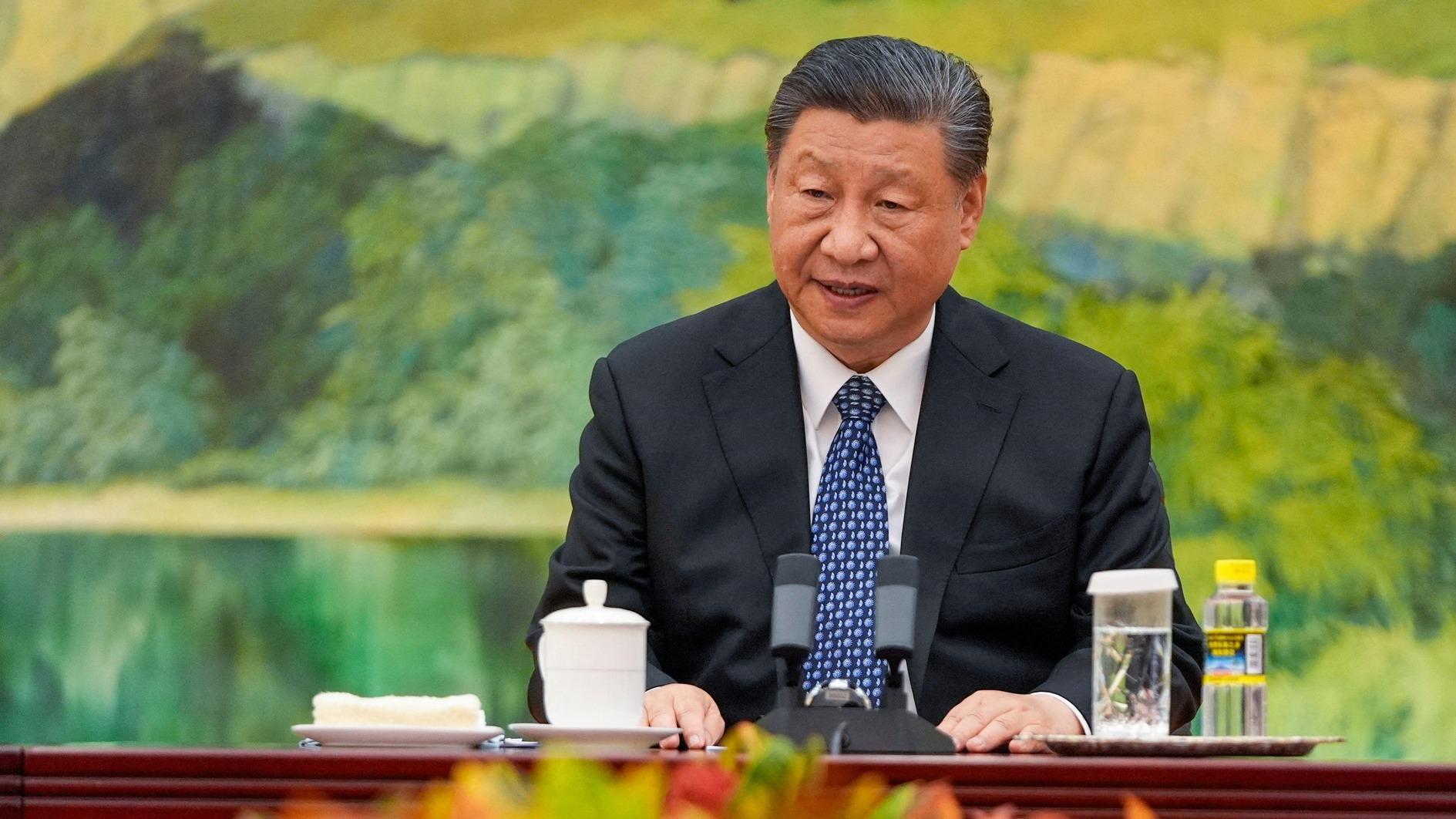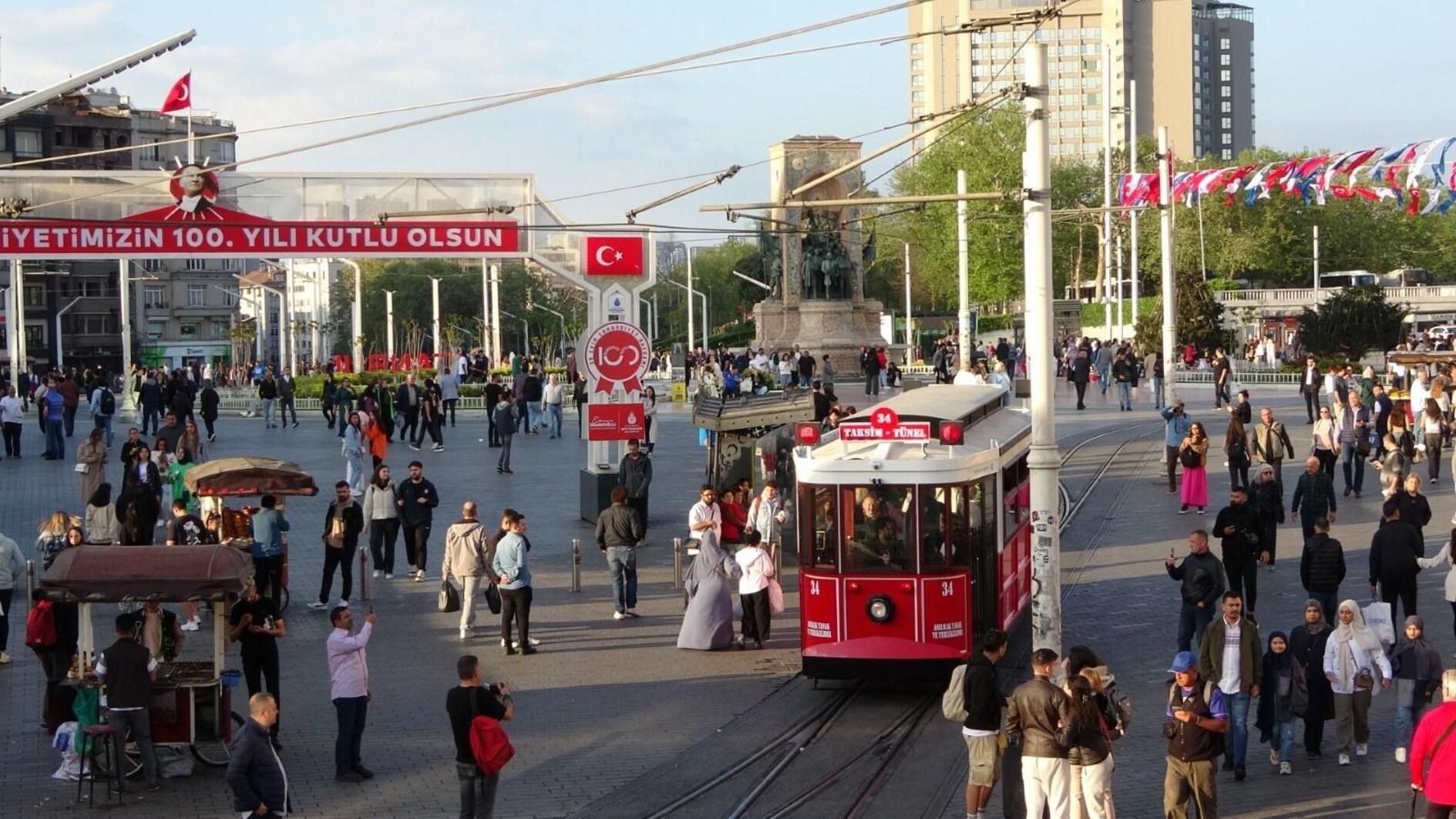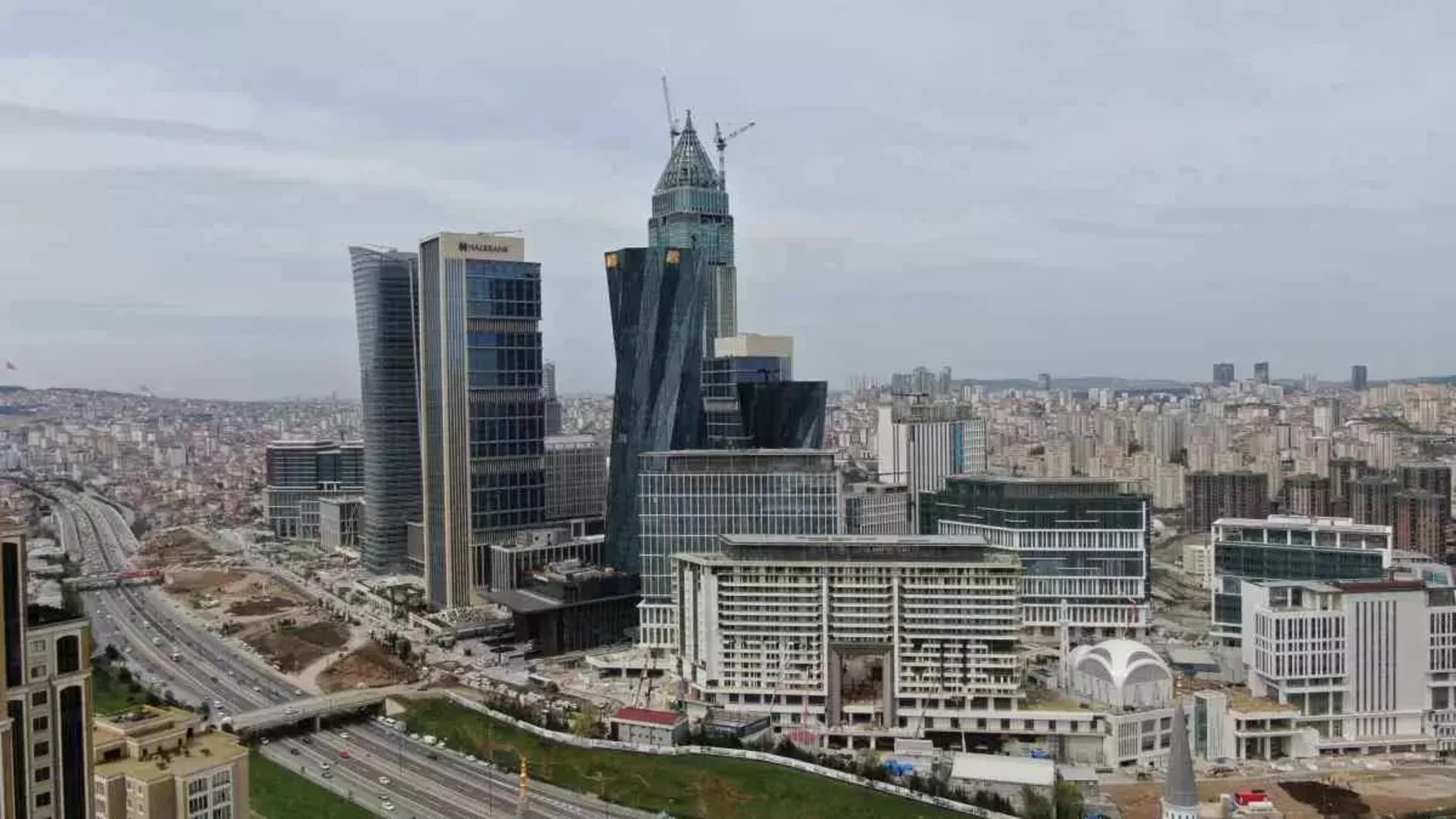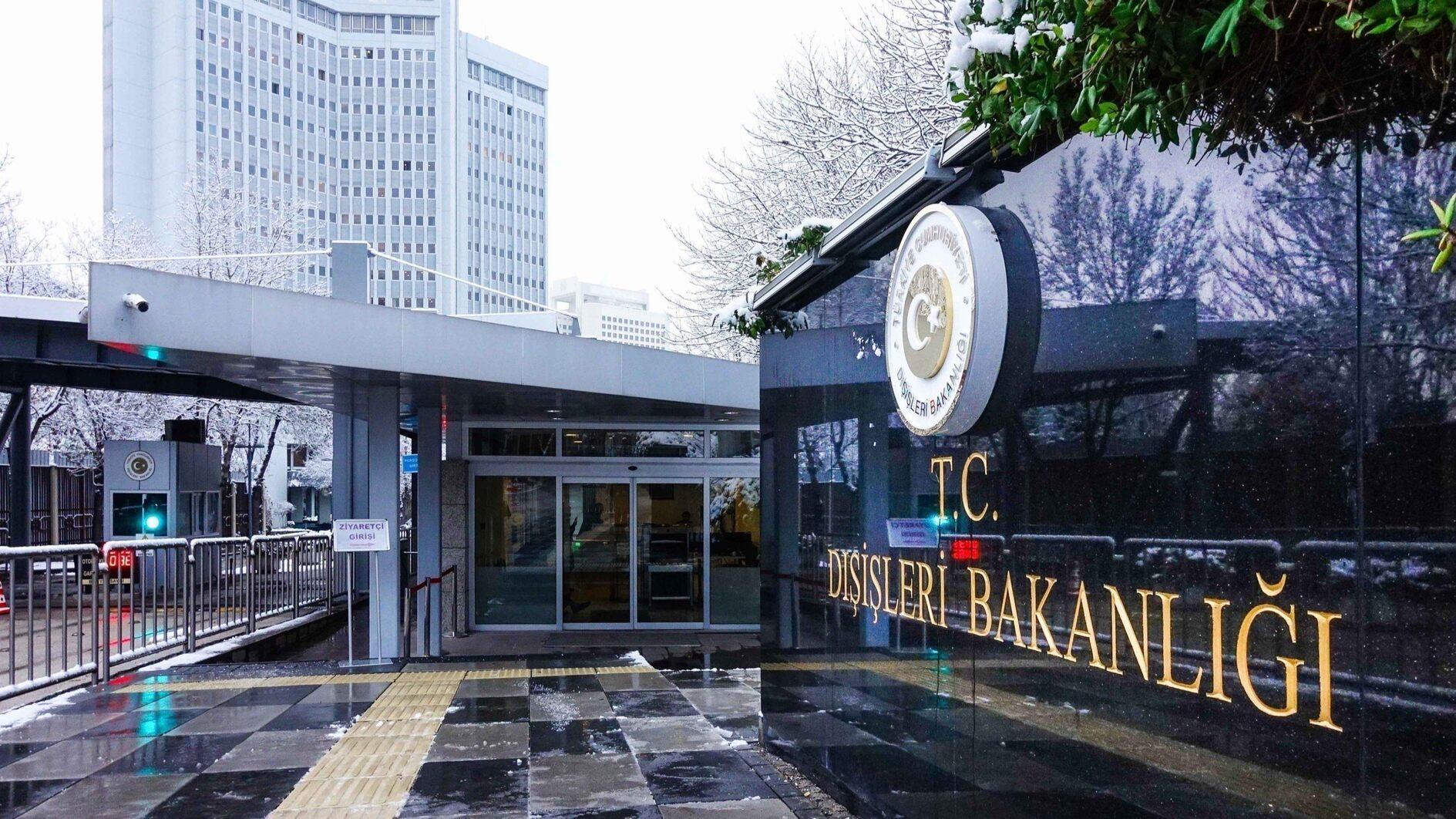What role for religious parties in Libyan elections?
SAMAH ELMERİ
Libya is preparing for its first elections after 42 years under Gaddafi. Elections, originally scheduled for 19 June, were recently moved to early July. In the coming weeks, Libyans will elect a national assembly to draft a constitution and appoint a transitional government.Last month, the National Transitional Council (NTC) issued a ban on parties with any religious, tribal, regional or ethnic affiliation participating in the elections. Although quickly dropped, the ban – and the discussion around it – brings up key points about what truly unites and divides Libyans, and how to deal with diversity in the new democratic system.
Many people in the West have focused on religious parties in countries in the Middle East and North Africa as a force that could interfere with transitions to democracy. Libyans, however, are not afraid of parties with a religious affiliation and do not generally see them as a threat to democracy – which was demonstrated by the criticism that the ban received from many Libyans.
While Islamic parties garner attention in the West as a potential threat to democracy, tribal affiliations concern most Libyans more than religious parties because forming a party based on tribal affiliation is more likely to stir conflict. Individuals become part of a tribe through their family, meaning that tribal affiliation cannot be changed. Tribal parties are thus by nature exclusive. Under Gaddafi, belonging to a certain tribe provided protection. As a survival tactic, Gaddafi used his influence with tribes to gain support and help prevent his regime from collapsing.
Accordingly, banning parties with a tribal affiliation is an important step to prevent voters from electing parties solely because of their own tribal affiliation – which would only exacerbate divisions.
In contrast, religious parties allow for a wider membership. In Libya, the overwhelming majority are Muslim. Libyans do not view their religion as being in conflict with values like respecting women’s rights and participating in a democratic system. A party with religious associations is not seen as divisionary because the vast majority of Libyans share the same religious beliefs, and see these beliefs as able to accommodate diversity and differences of opinion.
Additionally, when looking at neighbouring countries where Islamic political parties have won parliamentary elections, such as Tunisia and Egypt, it is clear that a similar pattern may occur in Libya. Allowing these parties to participate in elections will help lessen the tension that could otherwise occur if they were excluded, as well as provide an example of a stable transition into democracy.
Libyans are new to the world of democracy. Participating in their government’s decisions was unheard of a little over a year ago. The diversity in Libya today is mainly related to individuals’ political views about the type of political leaders they would like to see in the government after four decades of living under authoritarian rule.
Ultimately, Libyans today are learning to deal with diversity in a way that can help unite rather than divide their country, and it is this principle that they will be carrying forward into the elections.
* Samah Elmeri is a graduate of the University of Iowa and a Libyan civil society activist focusing on women’s issues and youth reintegration in post-conflict societies. This article originally appeared in the Common Ground News Service.











